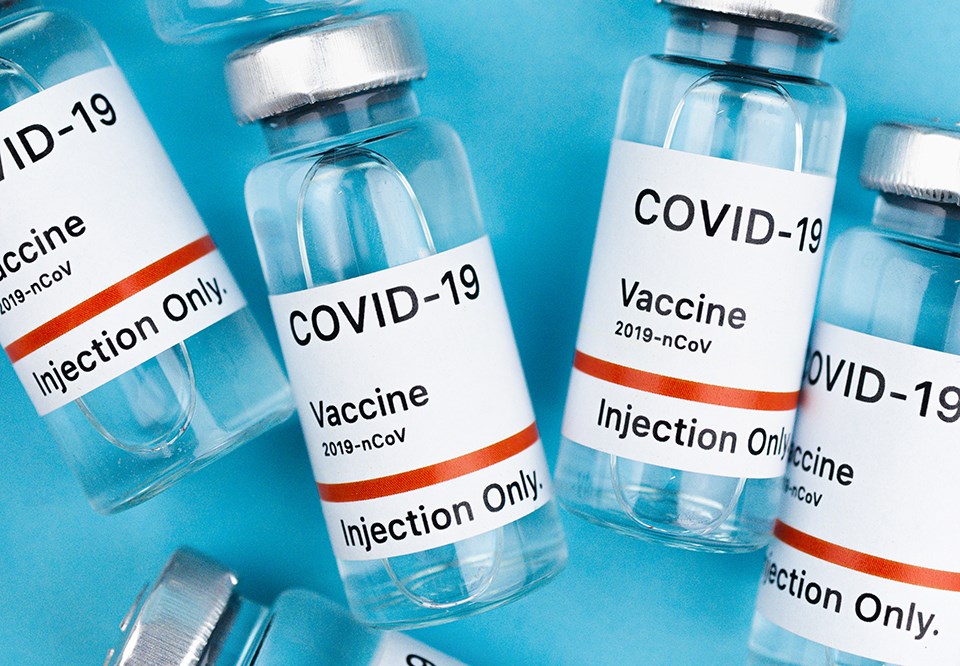Wellington-Dufferin-Guelph Public Health wants people to know that the AstraZeneca vaccine currently being distributed in Canada, including this area, is safe and effective.
"Concerns in the European Union that the AstraZeneca vaccine may be connected to adverse thromboembolic events (blood clots) in some recipients do not impact the safety or supply of this vaccine in Canada," Public Health said in a news release Friday.
Public Health says there are two important pieces of information to reinforce public confidence in the AstraZeneca vaccine in Canada:
(1) With any mass vaccination campaign, there is some small risk of adverse reactions which merit further investigation. At this point, incidences of adverse reactions in individuals receiving the AstraZeneca vaccine are extremely low.
(2) There are two ‘versions’ of the AstraZeneca vaccine. The AstraZeneca vaccine product that is currently being delivered to Canada comes from the Serum Institute of India under the brand name COVISHIELD. This is a different supply from the vaccine that is being used in Europe, and the lots that are being investigated are not being used in Ontario.
“The AstraZeneca vaccine available in Canada is both safe and effective,” said Dr. Nicola Mercer, Medical Officer of Health and CEO of WDG Public Health. “I encourage every resident of the region to get vaccinated as soon as it is their turn with whichever approved vaccine is available to them.”
Health Canada says the benefits of the vaccine "continue to outweigh its risks. Health Canada authorized the vaccine based on a thorough, independent review of the evidence and determined that it meets Canada’s stringent safety, efficacy and quality requirements. At this time, there is no indication that the vaccine caused these events. To date, no adverse events related to the AstraZeneca COVID-19 vaccine, or the version manufactured by the Serum Institute of India, have been reported to Health Canada or the Public Health Agency of Canada.”
The news release also included a statement from Thrombosis Canada, noting that “Thrombosis is a common medical problem, especially in older people. It is therefore likely that some people who receive a vaccine will, at some point, in the future develop a blood clot for reasons that are not related to the vaccine. It is the view of Thrombosis Canada that, based on the available evidence, there is no link between receiving this vaccine and the development of blood clots. In general, vaccines of any type are not associated with the development of blood clots.”
For more information on COVID-19 vaccines, visit wdgpublichealth.ca/vaccine.
